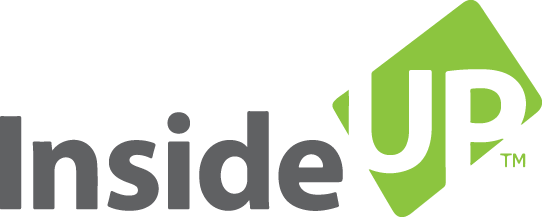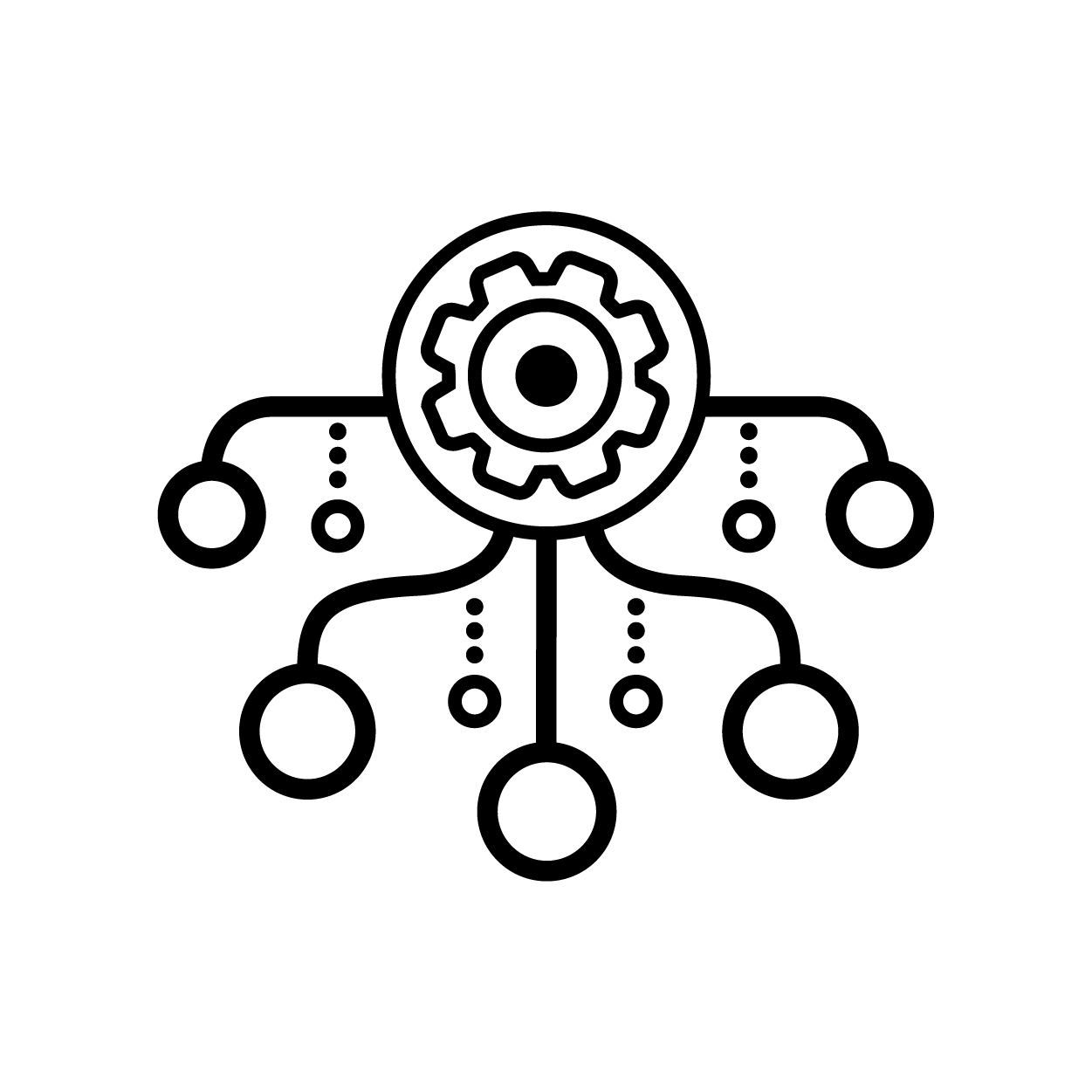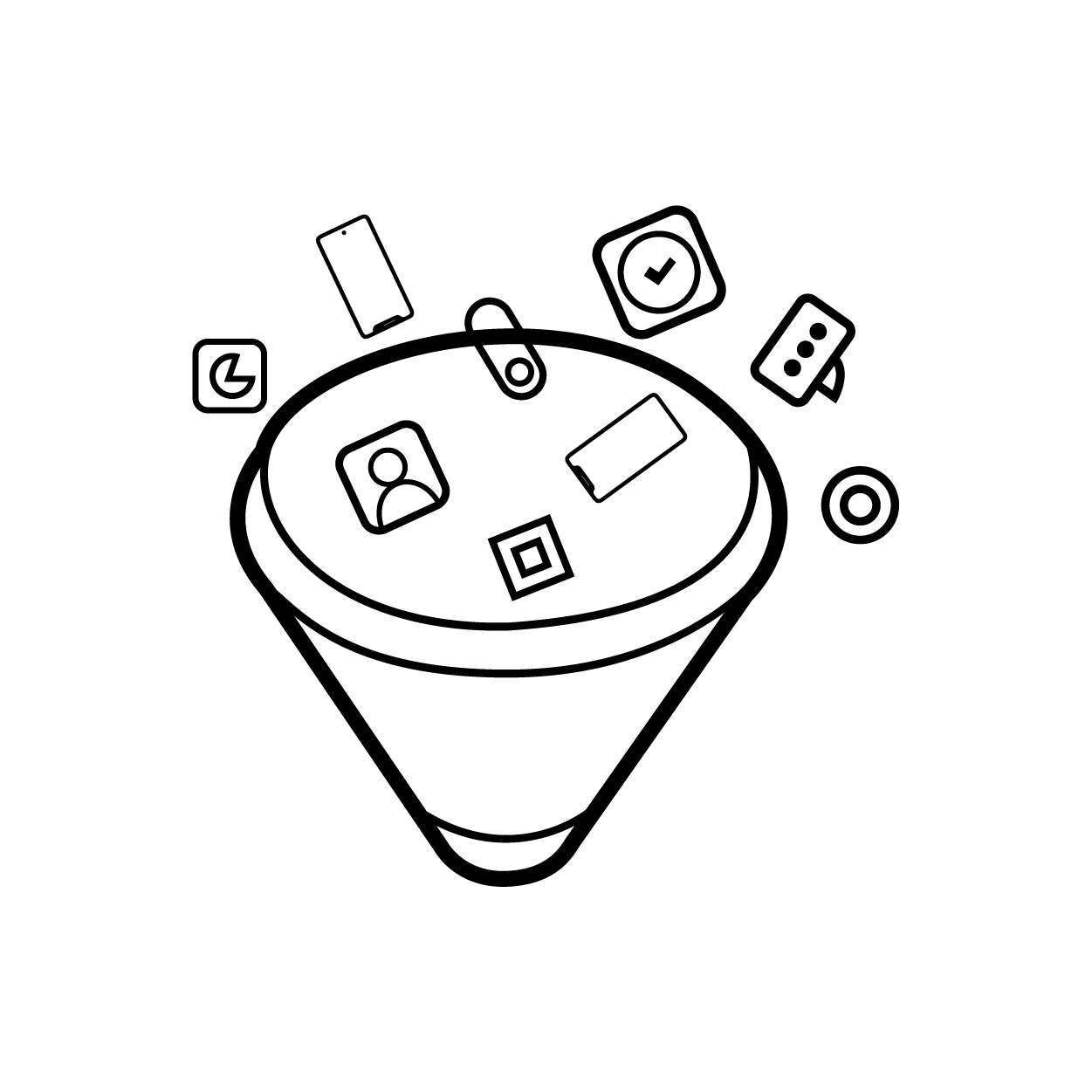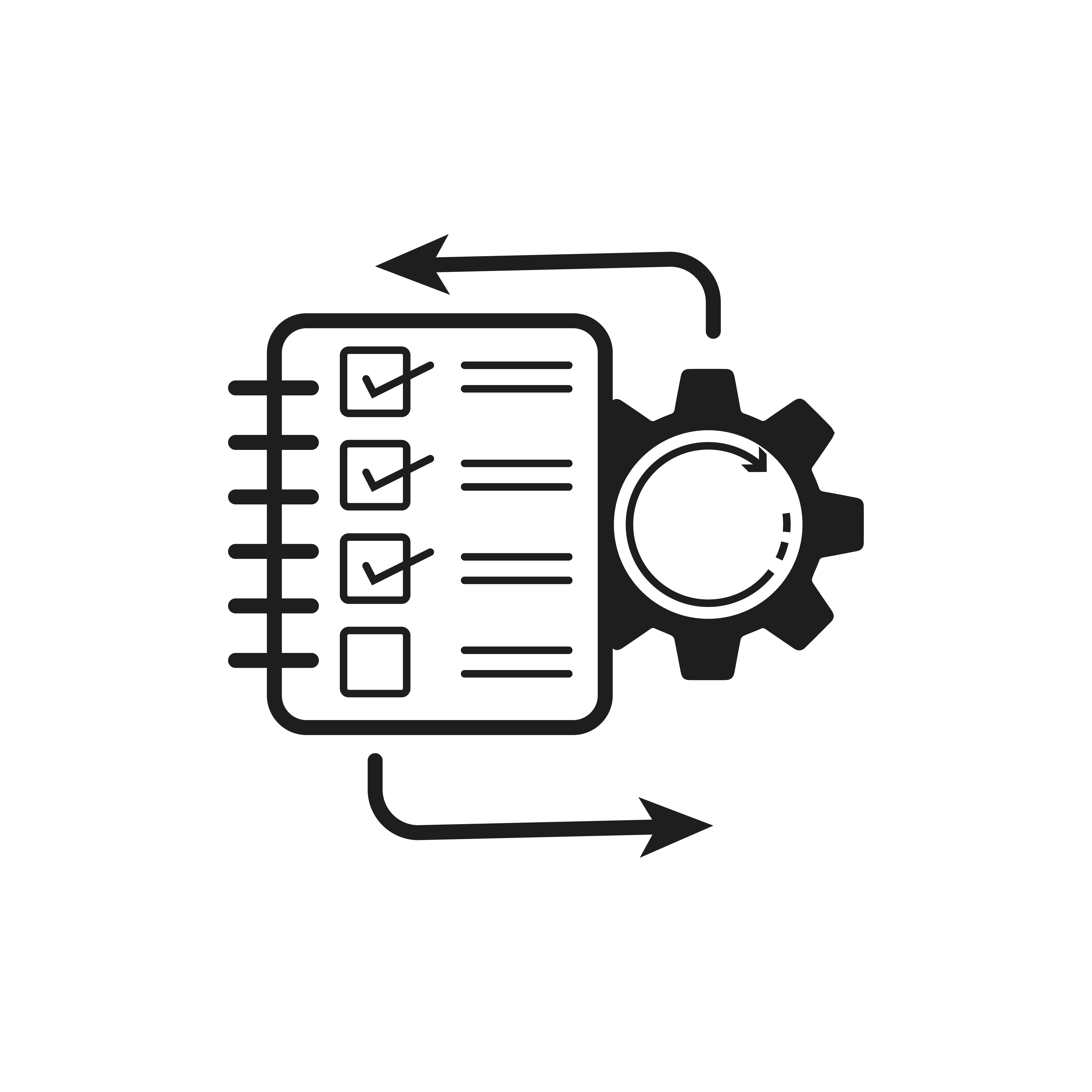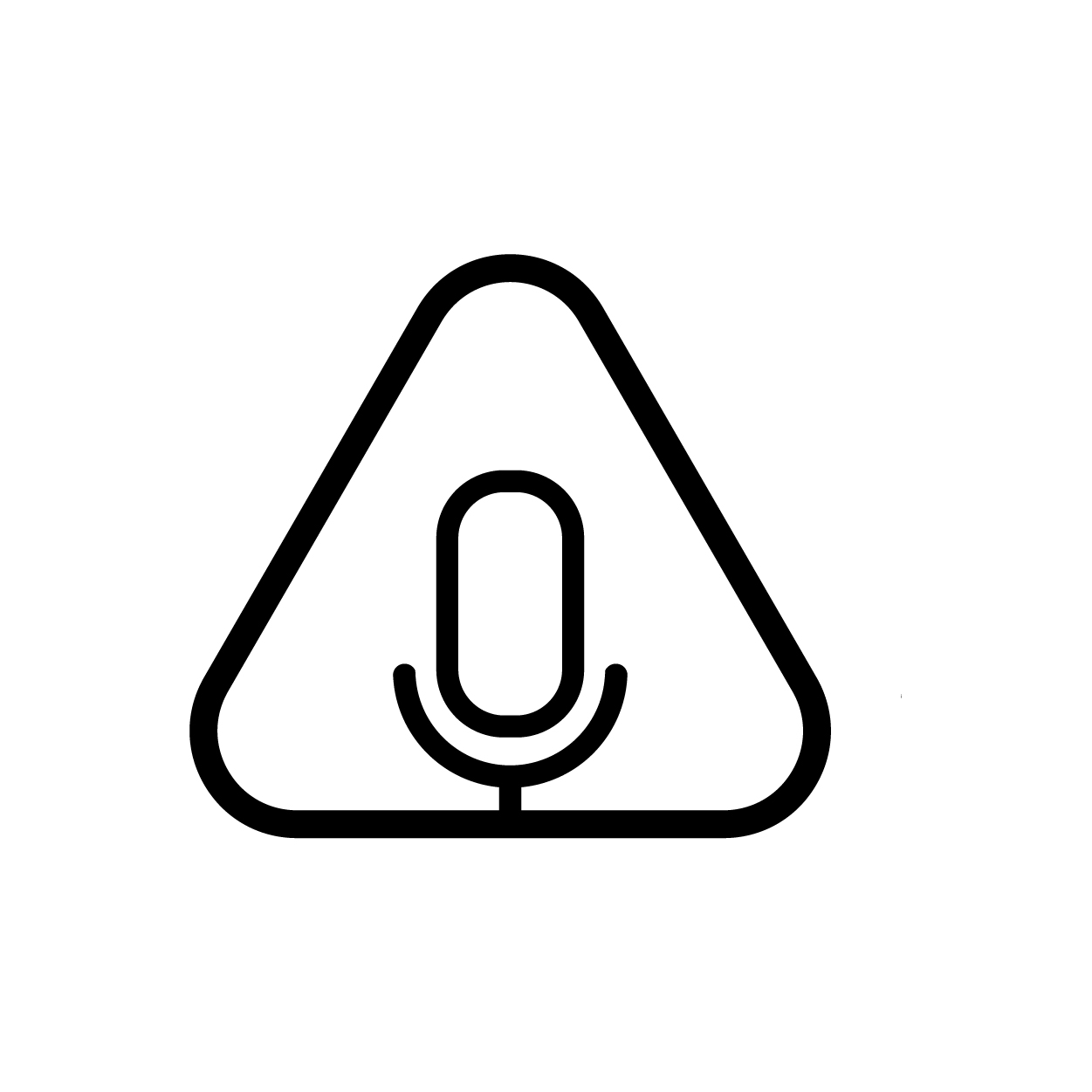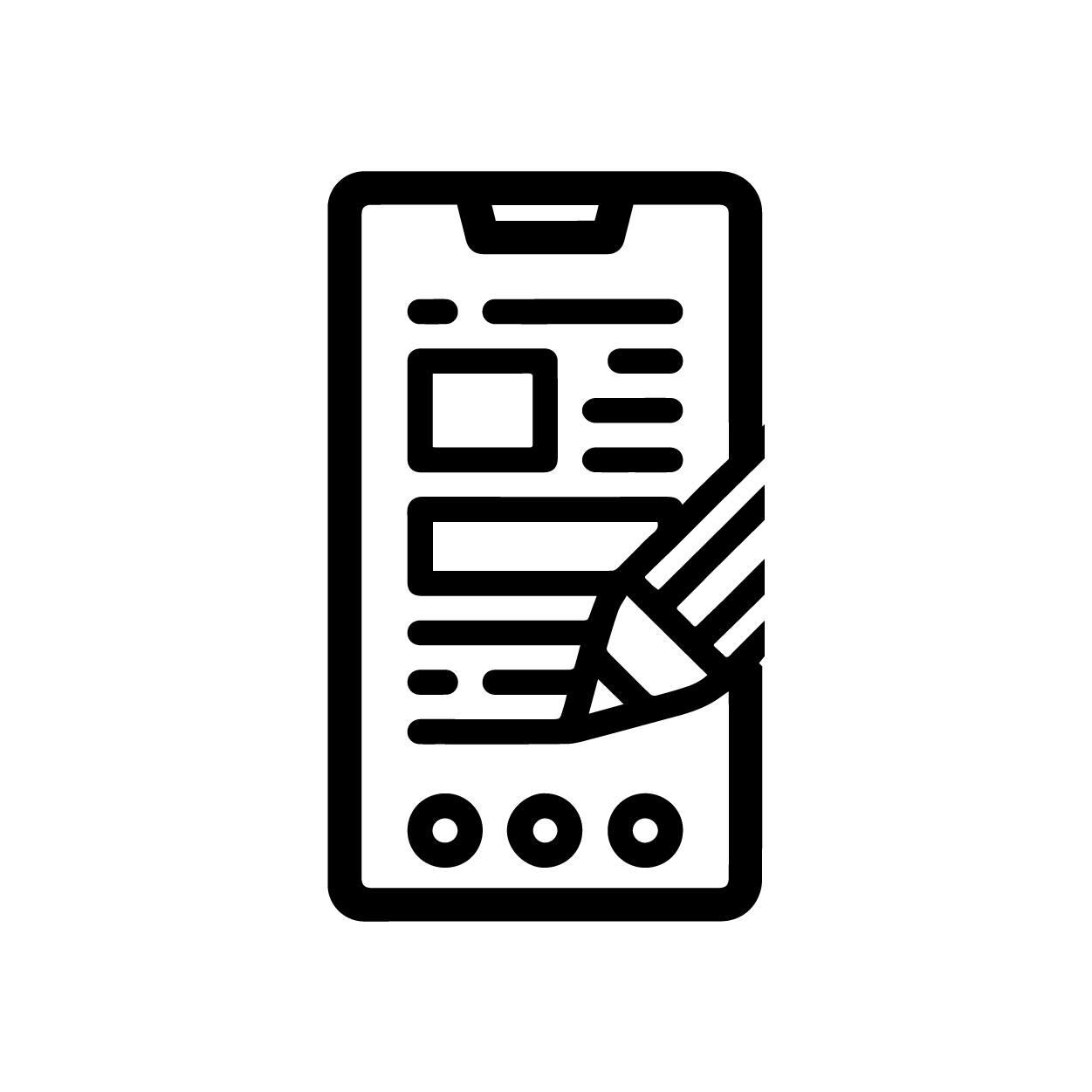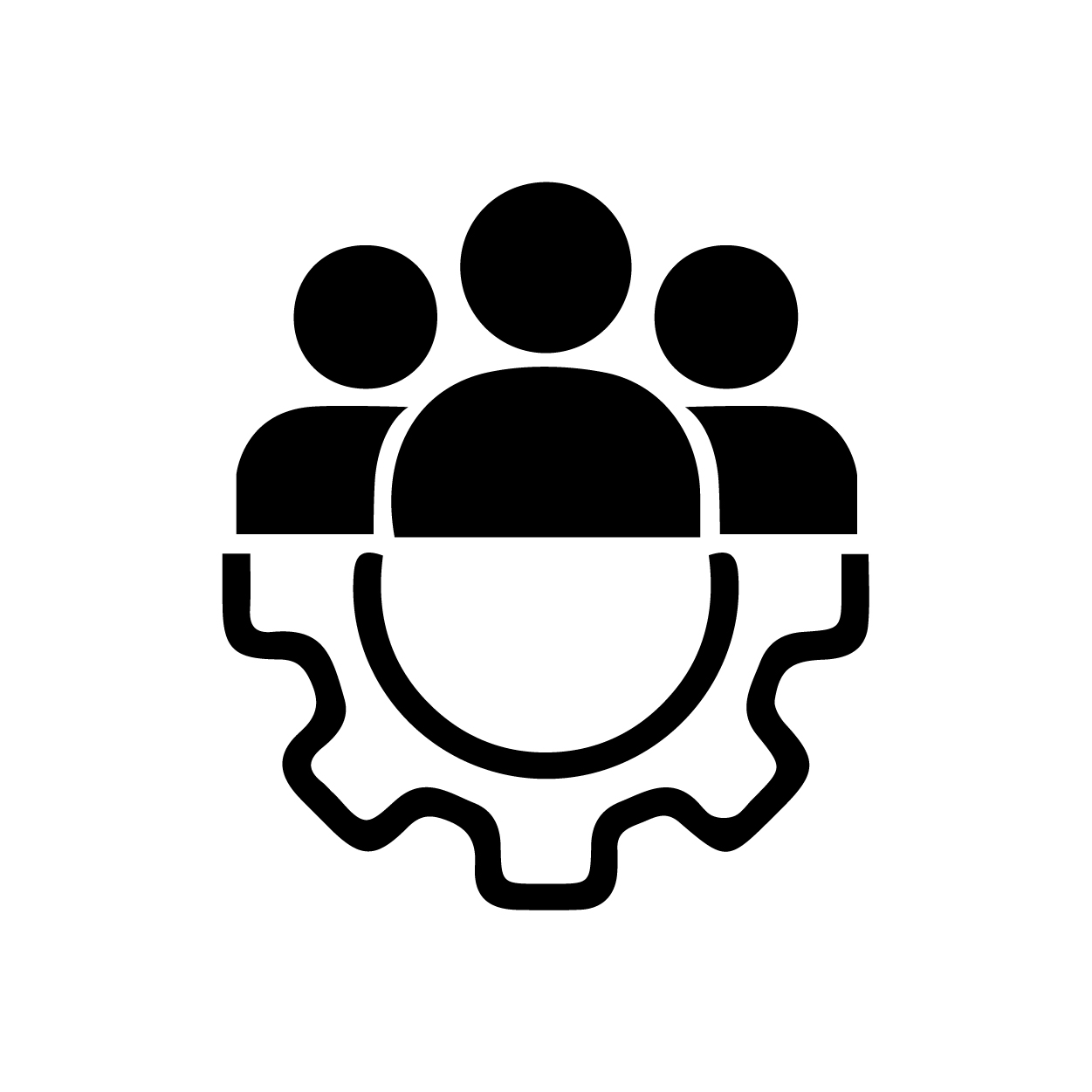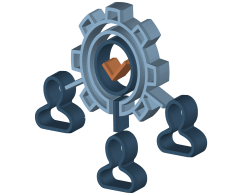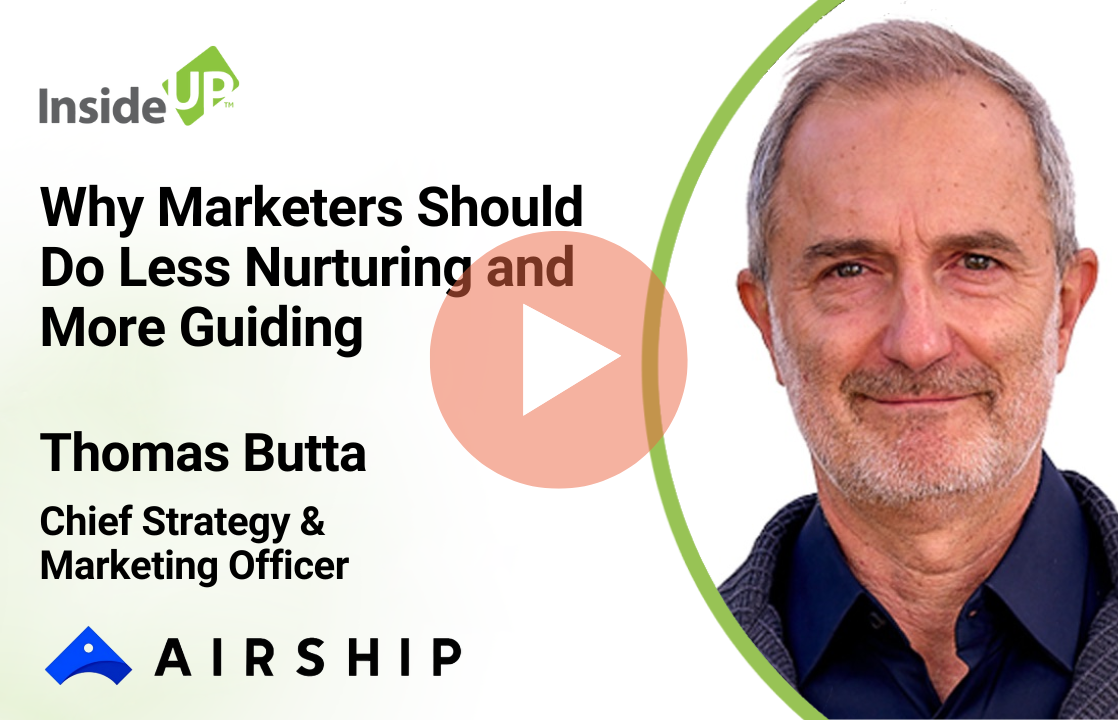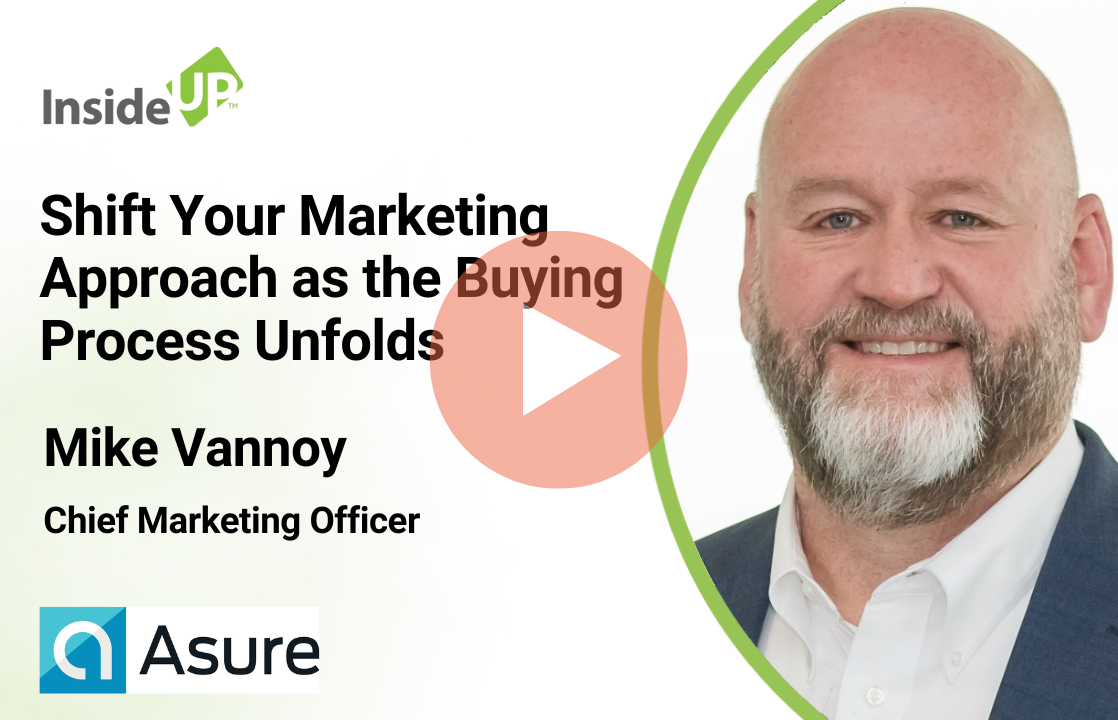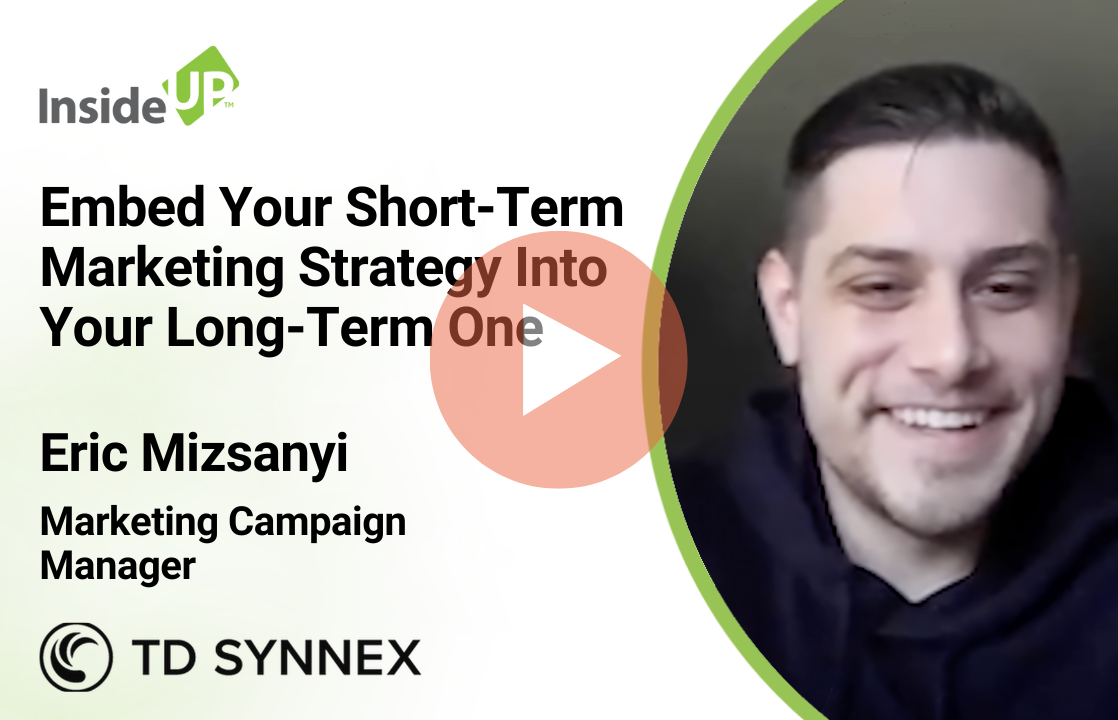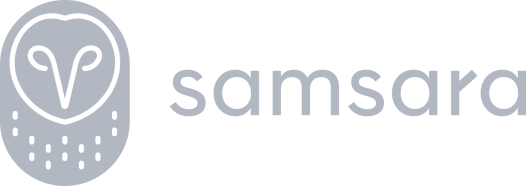
In recent years, we have seen a dramatic shift towards the implementation of new technologies and artificial intelligence (AI) in B2B marketing. AI is currently being used to help execute marketing strategies and collect data, and is transforming how we conduct business. Below we uncover five unique ways artificial intelligence is currently being utilized in the B2B marketing industry.
- Better Lead Generation and Conversion
B2B marketers are always looking for ways to generate more leads while improving, or at least maintaining, relatively high conversion rates (northwards of 10% when looking at the number of qualified sales opportunities coming from a basket of “leads”). AI in b2b has the potential to do just that. AI systems can actually help generate more leads from the content and messaging work that has already gone into your company website.
For instance, web-based configuration guides and calculators can allow buyers to self-qualify themselves by asking them to enter a few key data elements that enable a draft proposal to be presented as well as case studies that are similar to the prospect’s industry classification and use case. Artificial intelligence in b2b marketing may also be able to play a large role in converting new leads into sales. Unlike a typical sales rep, AI systems can work around the clock to qualify leads captured on your website, prioritize them based on “look alike” modeling and distribute them to the correct team for some one-on-one attention. By opening up a conversation with every qualified lead coming in through your site, chances are you will be converting more inbound visitors into sales opportunities.
- Chatbots
Implementing chatbots can remove friction from your buyer’s journey by cheerfully answering frequently asked questions online and interacting with potential prospects in real time. They can also be taught to learn what a high-quality lead looks like and initiate a live chat session if warranted. With the properpreparation, chatbots are able to scale lead generation from your website and other platforms like video players. Although chatbots may never be able to replace the genuine interaction of a one-on-one human phone conversation, this technology is becoming increasingly versatile and more useful to the B2B marketing segment. Chatbots are already being used as a cost-effective method in customer service and support, but they can also be used to bridge a connection with prospects and keep them interested in your company and service. In summary, chatbots are able to assist with basic tasks, answer questions quickly, and also keep your company in touch with prospects by converting to live chat sessions when the interest signals are unambiguously received.
- Personalization
By gathering and analyzing data and information on existing customers, AI can help craft an ideal customer profile and use it to categorize new prospects and deliver a deeper level of personalization than ever before to the entire buying committee assembled to make vendor evaluations. With business to business marketing strategies involving AI-assisted data gathering, targeting “likely” members of a buying committee becomes much easier, as well as managing the communications with them. AI has the ability to select relevant prospects and reach out to them with a personalized message addressing the likely interests of that particular role. Besides precise targeting and personalized messaging, AI can also help with the personalization of specific marketing activities.
Whether it’s a link in an email or the content displayed on a web page, artificial intelligence is able to offer useful, targeted material at every point in the buyer’s journey. AI also has the potential to deploy personalized content (blogs, videos, etc.) to individuals based on their needs and preferences. With content personalization being such a widely used application of AI, image personalization (in which each website visitor would be served up a layout personalized to their background and interests) would naturally be the next step for the future of AI. With the considerable increase of AI-assisted personalization in recent years, the introduction of more dynamic B2B brand websites (based on the profile of a visitor on a social network such a LinkedIn) are a likely possibility in the future.
- Marketing Channels
With the help of AI b2b marketing, marketers are now able to choose the most effective channels for their company and engage more actively with prospects. AI has the ability record the performance and effectiveness of different marketing channels, helping marketers and companies decide which channels to pursue. Not only is AI beneficial for deciding which channels to engage in, but it can also help determine the best timing to engage with prospects on each channel. Based on previous channel performances and the information known about a certain prospect, AI can assist marketers in determining when and how to reach out to individual prospects.
- Data Analytics
One of the most important advancements AI has provided marketers with is the rapid collection, analysis, and visualization of data. With the sheer size of the data sets being generated every day, AI in b2b marketing allows companies to generate real-time data much more efficiently. Instead of data analysts spending unnecessary time combing through data as they have in the past, companies can now gauge their performance, understand what’s working or not working, and make decisions in a much timelier manner.
With more marketers beginning to adopt AI into their practices, it is clear that we have only seen the tip of the iceberg when it comes to the impact AI will have on the B2B marketing industry.
InsideUp, a leading demand generation agency, has over a decade of experience assisting technology clients, that target mid-market and enterprise businesses, by meeting and exceeding their key marketing campaign metrics. Our clients augment their in-house demand generation campaigns (including ABM) by partnering with us to build large sales pipelines. Please contact us to learn more.
